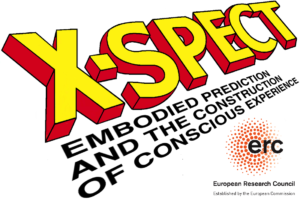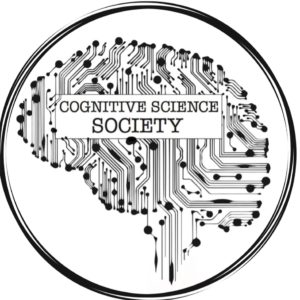The Perplexities of Thinking
The Perplexities of Thinking | VPPIG Summer 2020
We are excited to be exploring the state-of-the-art in philosophy and cognitive science from the comfort of our own homes. In this unusual time, we are spending a great deal of time doing a great deal of thinking, and so we, as the philosophical-minded creatures we are, have found ourselves unable to resist thinking about thinking. What does it mean to think? What does it mean to think about thinking? What does it mean to think about one’s own thinking versus thinking about the thinking of other people? Broadly speaking, these are the questions asked by research into cognition and metacognition. The capacity for metacognition plays a crucial role in various advanced form of cognition: conceptual capacities and linguistic abilities, agency and self-identity, joint-action and collective intentionality, awareness and consciousness. We welcome researchers in various fields spanning philosophy and the cognitive sciences to join us in developing an online community this spring and summer for addressing these and similar questions. Between April and August 2020, we encourage both speakers and participants to meet online biweekly for the Virtual Philosophy, Psychology, and Informatics Group (VPPIG) seminars and discuss the conundrums, intricacies, and perplexities of thinking.
Information about Participation
If you plan to participate, please visit our Facebook page and click “interested” on the individual event. Notification is not mandatory. For instructions on how to participate, please visit How to Participate for more information.
Presentation Topics
In order to see the complete list of speakers and presentations, please visit Current Programme for more information.
Thinking
What does it mean to think? Does thought require conceptual capacities? Does thought require linguistic abilities? Can non-human animals think? Can pre-linguistic infants think? Can computers and robots think? Could it be the case that even adult humans do not actually think? What role does thinking play in our lives as rational agents?
Thinking about thinking
What does it mean to think about thinking, i.e. what is metacognition? What are the enabling conditions for metacognition? Do non-human animals or pre-linguistic infants have metacognitive capacities? Are there different kinds of metacognitive capacities? If so, how should these different kinds be delineated? Procedural versus metarepresentational? Affective versus doxastic? Implicit versus explicit? What role does metacognition play in explaining our ability to develop advanced forms of cognition?
Thinking about the thinking of others
What does it mean to think about the thinking of others, i.e. what does it mean to mindread? Are there different kinds of mindreading capacities? If so, how should these different kinds be delineated? Two systems? Various systems? Competitive versus cooperative mindreading? What role does mindreading play in our capacities to develop language and culture?
Contact
The Virtual Philosophy, Psychology, and Informatics Group is co-organised by,
John Dorsch (University of Edinburgh) John.Dorsch@ed.ac.uk
Mark Miller (University of Sussex) M.D.Miller@sussex.ac.uk
Thomas Baruzzi (University of Edinburgh) T.Baruzzi@sms.ed.ac.uk





